Thoughts On Sustainability
Becky, 48
Dallas, Texas
“I visited a garden shop that supplied all organic products. I needed a guide to walk me through all of the products to know what they were used for. I like the idea of natural products for my plants, but I haven’t invested any time to learn about it.
“Since I don’t have much time for gardening these days, I go to the closest store for plant material, usually a Home Depot or Lowe’s. If they stock organics, I am not aware of it. The chemical versions are mass marketed to people like me who like convenience and one-stop shopping close to home.
“The plant industry, organic or chemical, will remain a viable market. There will always be gardeners.”
Paquita, 55
Redlands, Calif.
“I am woefully uninspired when it comes to organic gardening, even to composting. I do buy organic produce in the store when it is available, but I do not go out of my way for it.
“On this issue, I have to defer to my daughter. She is working for an urban gardening non-profit organization in Oakland, Calif. I visited the [organization], and it is a great program. They construct neighborhood and backyard gardens, involving everyone in growing, harvesting and preparing healthy, organic, but most important…sustainably grown produce. They are starting a chicken project for eggs and use the subsequent fertilizer in their gardens. One of my daughter’s jobs is to pedal around in a 3-wheel cart picking up kitchen scraps to take back to the central garden compost pile. It is a full community effort.”
Luis, 74
Rockford, Ill.
“Like most serious gardeners, I am a firm believer in the principles of organic gardening. It’s not just the avoidance of synthetic chemical fertilizers and pesticides, but also the recognition that everything we do in the garden should be in harmony with the natural world. Ideally, we want to be certain we replenish the soil with organic materials, conserve water and diversify our plantings, utilizing native species as much as possible. I try to select plants that are disease and pest resistant and utilize planting practices that help to inhibit the development of these problems. My procedures for weed control are simple; they include organic mulches, hoeing and hand pulling.
“There are times when resorting to the use of chemicals may seem necessary, but I try to restrain myself. In any case, I think one of the important lessons of the concept of organic gardening is the avoidance of a doctrine of ‘zero tolerance’ for the presence of insect pests and weeds. Any attempts to completely eradicate them are doomed to failure, often harmful, usually expensive and unnecessary. Methods for control at ‘acceptable levels’ make more sense and are usually achievable without resorting to potentially harmful chemicals.
“Everyone’s goal should be sustainable horticulture without damage to the natural systems of our world.”
Questions To Consider
- Do you carry organic products in your garden center? If so, is there signage directing customers to these products?
- Many big box retailers offer organic product lines. How are you competing?
- Are your employees aware of natural alternatives to using chemicals in the garden, and do they share such infomation with customers?
- Is your garden center involved with any community efforts that encourage sustainable practices? What do you do to get customers involved as well?

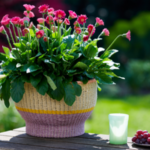
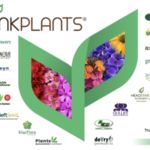
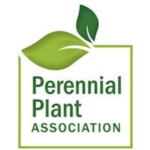


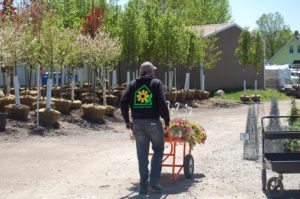
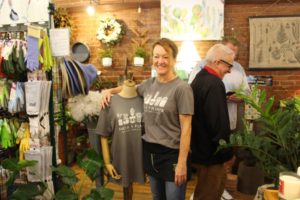
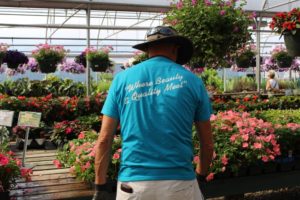
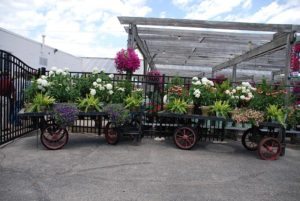
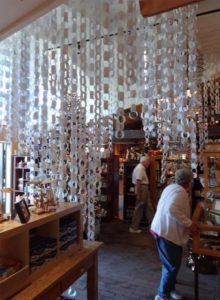
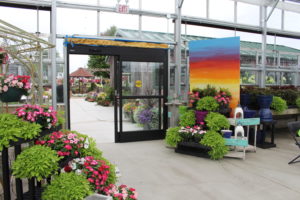
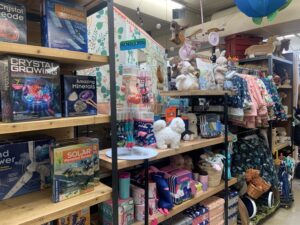
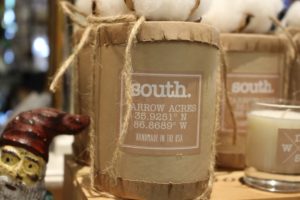

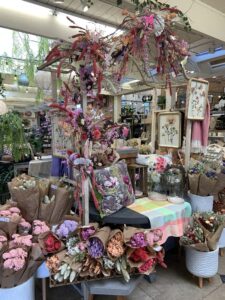

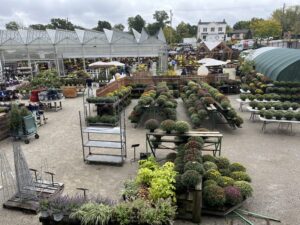
 Videos
Videos





